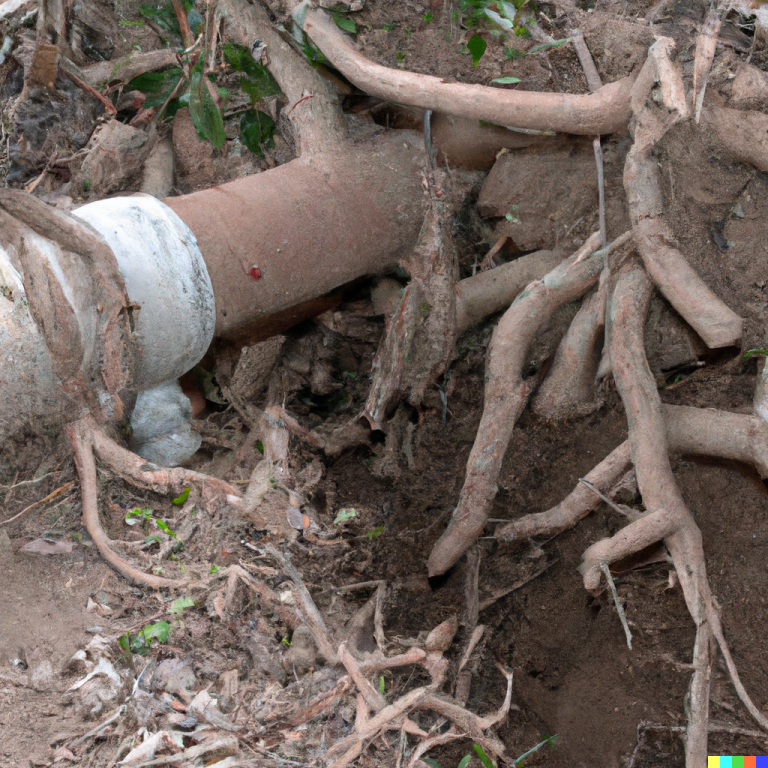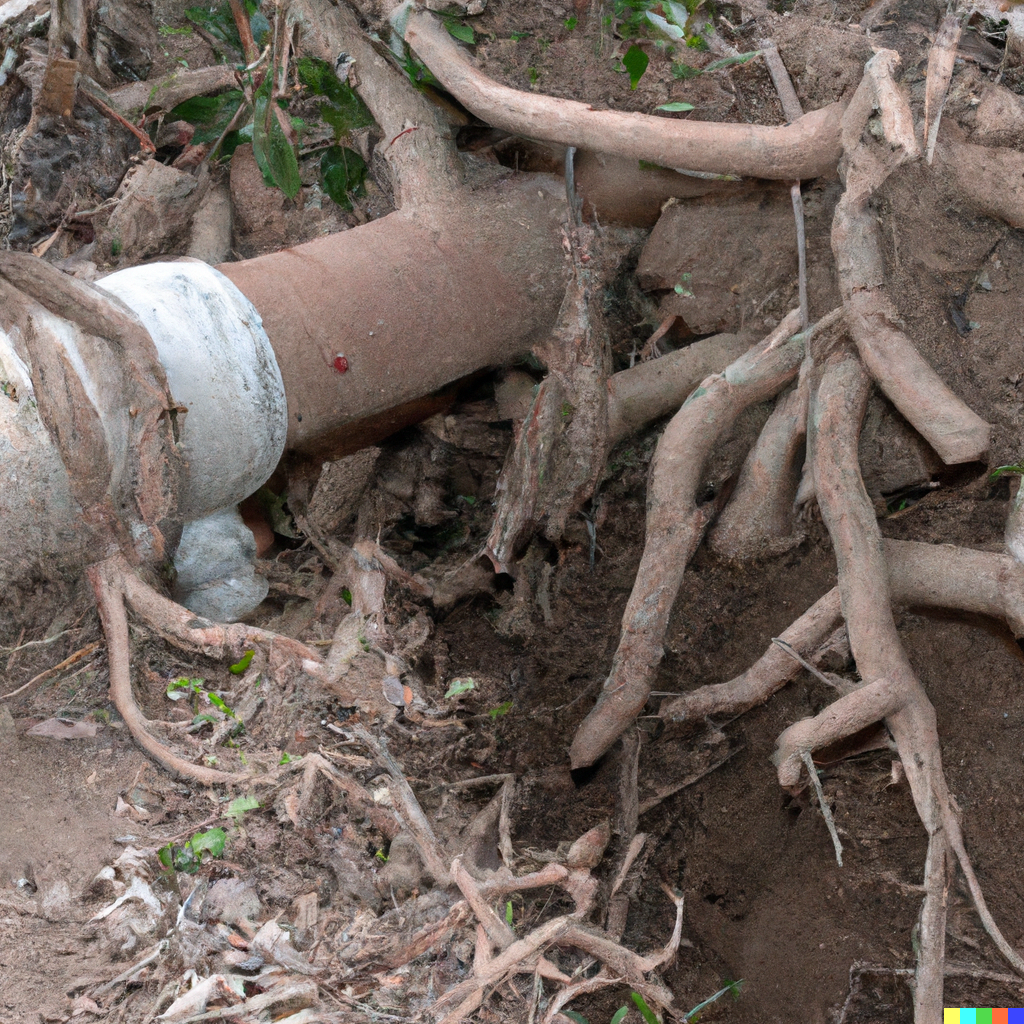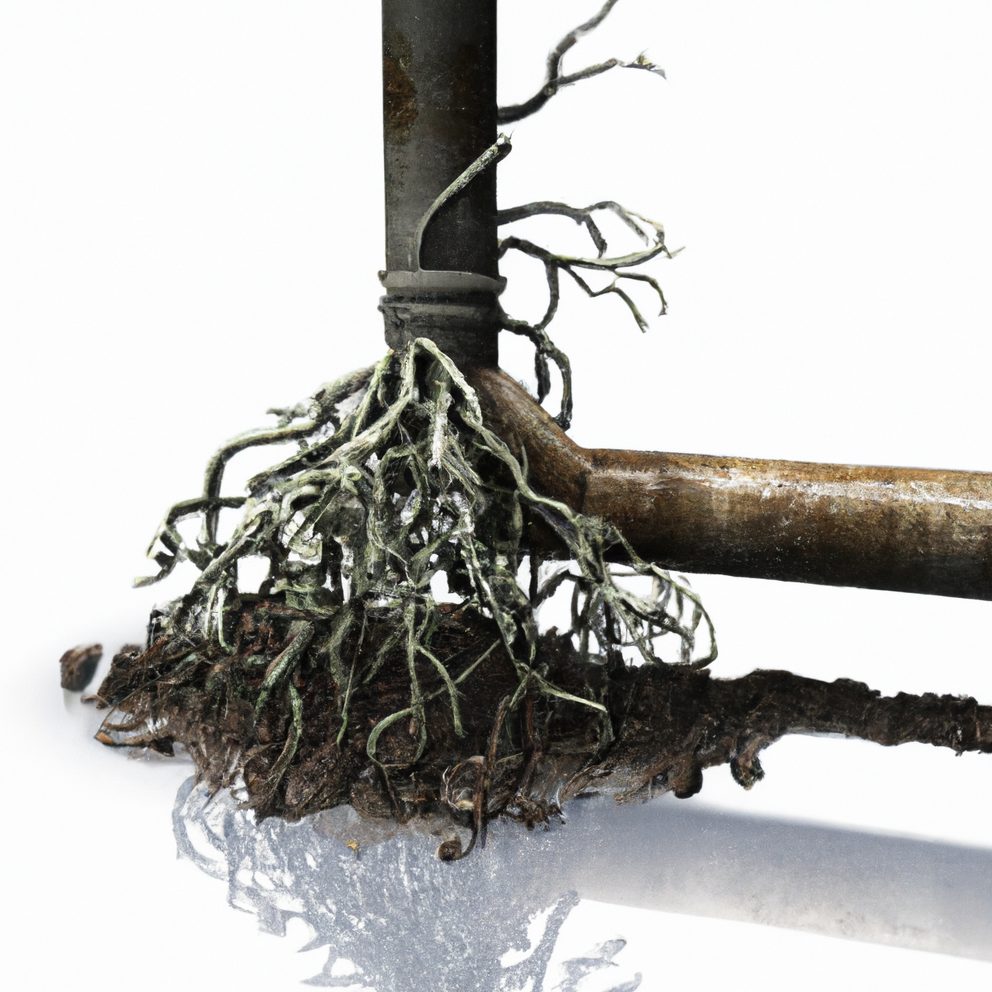
Sewer Repair in Jacksonville, FL: Embracing Trenchless Pipelining for Efficient Solutions
Maintaining a well-functioning sewer system is crucial for the smooth operation of any city, and Jacksonville, FL, is no exception. Sewer line issues, such as clogs, leaks, and damages, can disrupt daily life and pose significant health and environmental risks. Thankfully, advancements in technology have revolutionized sewer repair methods, with trenchless pipelining emerging as the preferred approach in Jacksonville. In this article, we will explore the common sewer line materials used in Jacksonville, while enthusiastically highlighting the benefits of trenchless pipelining. Additionally, we will delve into key topics such as drain repair, sewer inspection, hydro-jetting drain lines, and addressing clogged drains. Understanding Sewer Line Materials in Jacksonville PVC (Polyvinyl Chloride) Pipes Durable and resistant to corrosion and root intrusion. Commonly used for sewer lines due to their cost-effectiveness. Possess a long lifespan, with proper maintenance and regular inspections. HDPE (High-Density Polyethylene) Pipes Flexible and highly resistant to chemical corrosion. Ideal for areas with shifting soil conditions due to their flexibility. Provide excellent resistance against leaks and root intrusion. Clay Pipes Traditional material used for sewer lines but being phased out in Jacksonville. Prone to root intrusion, cracks, and collapse over time. Replacement with modern materials is often recommended. Trenchless Pipelining:

